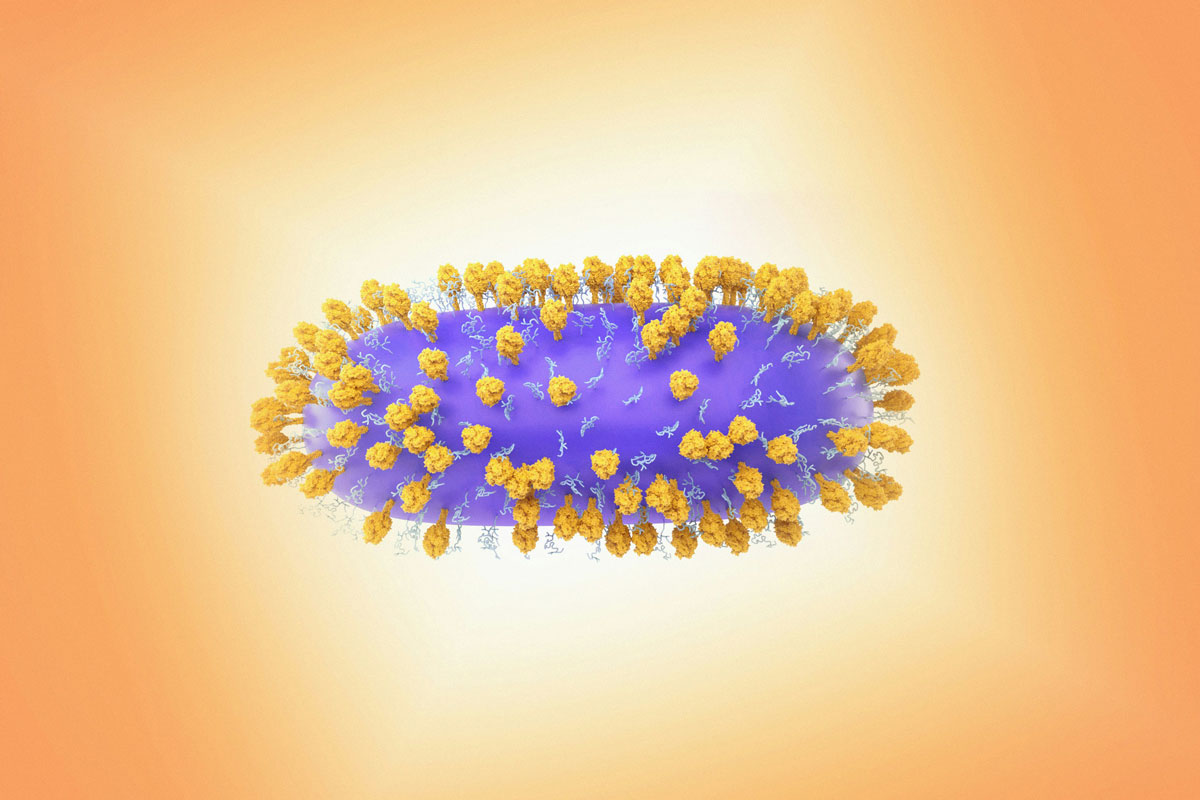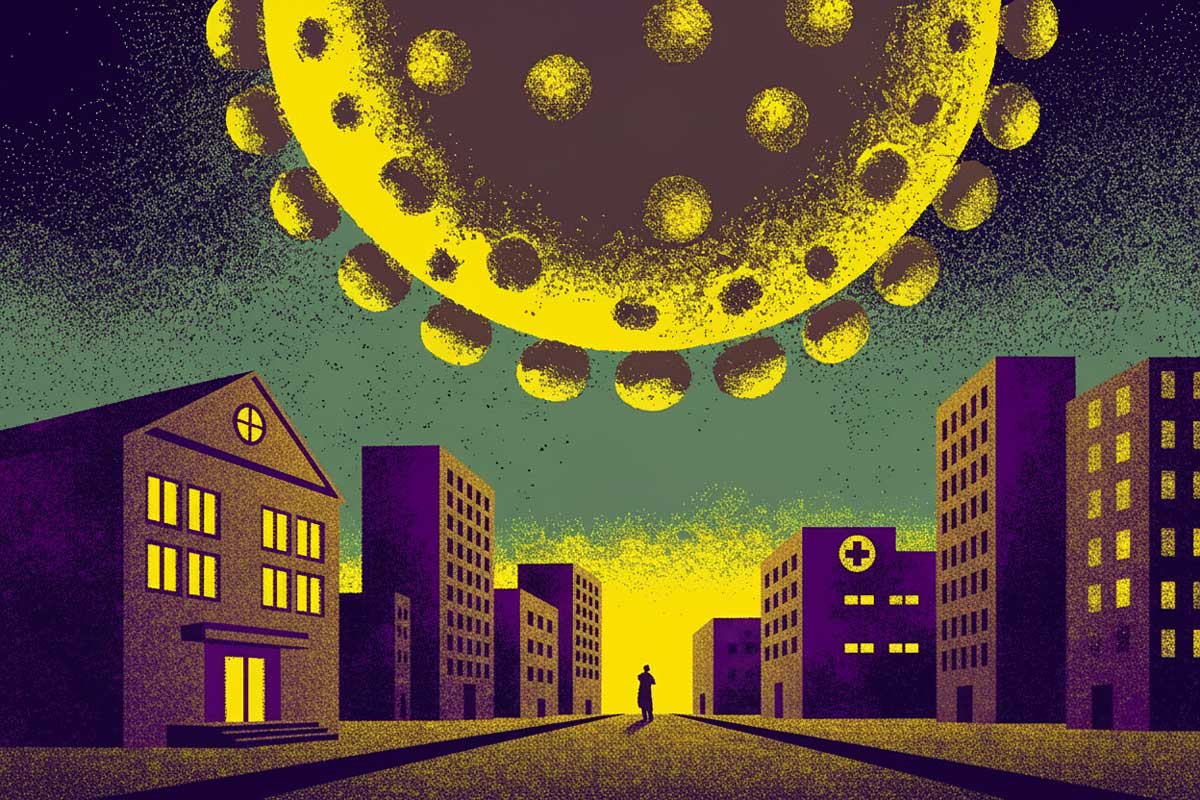RSV vaccines offer vital protection for the most vulnerable, study confirms
A review of 14 clinical trials involving more than 100,000 participants supports widespread RSV vaccination to reduce severe illness and hospitalisations.
- 29 September 2025
- 4 min read
- by Linda Geddes

Vaccines against respiratory syncytial virus (RSV) are safe, effective and offer vital protection for older adults and infants, according to a review by the highly respected Cochrane Collaboration.
Respiratory syncytial virus (RSV) is a common cause of coughs and colds. Almost all children have been infected by the age of two and reinfections occur throughout life.
Although these infections are usually mild, they can sometimes progress to life-threatening lung infections such as pneumonia.
Children under two, especially in low- and middle-income countries, face the highest risk of severe illness, with the virus causing an estimated 101,400 deaths in children under five each year. This makes RSV the second leading cause of infant deaths after malaria. Older adults are also at risk of severe infection.
Several RSV vaccines have been approved for use in for older adults, and one has been approved for use in pregnant women to protect their babies during the early months of life as well as reducing their own risk of infection.
Although numerous studies have been published on the safety and effectiveness of these vaccines in different groups, Cochrane Reviews aims to systematically collect, analyse and summarise all the available evidence on specific medical interventions to gain a more comprehensive idea of how well they work.
The authors of this review wanted to know how well RSV vaccines work in preventing RSV and how safe they are.
“Understanding the various RSV vaccine types and their benefits and harms is essential for their successful implementation. This systematic review offers valuable insights for researchers, healthcare professionals, and policymakers about the efficacy, effectiveness, and safety of RSV vaccines,” the authors said.
How did they assess RSV vaccine safety and efficacy?
Dr KM Saif-Ur-Rahman at the University of Galway in Ireland and colleagues analysed 14 clinical trials that examined how well different RSV vaccines protected people against RSV illness, hospitalisation and deaths, as well as the risk of serious adverse events related to vaccination, including neurological disorders such as Guillain-Barré syndrome.
This included RSV prefusion vaccines that have received WHO prequalification for older adults and pregnant women. These target a surface protein used by RSV to infect cells, as well as other vaccines that have not yet been approved.
The 14 studies involved more than 100,000 participants in total, including older adults, pregnant women, women of childbearing age and children, all from a wide range of countries and continents.
Have you read?
What did the study find?
The authors compared and summarised the results of these studies and rated their confidence in the evidence based on factors such as study methods and sizes.
For older adults, they found strong evidence that RSV prefusion vaccines reduce lower respiratory tract infections such as pneumonia and bronchitis by approximately 77%.
They also reduce the incidence of RSV-associated short-term respiratory illness, such as colds, by 67%.
This finding remained consistent for authorised vaccines (Arexvy by GSK, Abrysvo by Pfizer and mResvia by Moderna) and unauthorised vaccines (developed by Janssen Vaccines).
Vaccination of pregnant individuals with an RSV F protein-based vaccine – including the Abrysvo vaccine that’s authorised for use in pregnancy – reduced the risk of their babies needing medical care for RSV-associated lower respiratory tract disease by 54%, babies' risk of severe RSV-related disease by 74%, and lowered babies’ risk of hospitalisation by 54%.
“From our review of clinical trials, we found high-certainty evidence that RSV vaccines protect older adults and strong evidence they benefit infants when mothers are vaccinated during pregnancy,” said Rahman. “That’s encouraging news for two of the groups most at risk.”
The review also found little to no difference in serious side effects between vaccinated and unvaccinated groups..
The impact of RSV vaccines on other age groups, as well as newer RSV vaccine candidates that haven’t yet been approved remains uncertain, the authors said.
They also didn’t include data from ongoing studies that are assessing the real-world impact of existing RSV vaccines. “Data from those studies will continue to add to what we know about the safety and effectiveness of these RSV vaccines,” said study co-author Dr Kate Olsson at the European Centre for Disease Prevention and Control.








